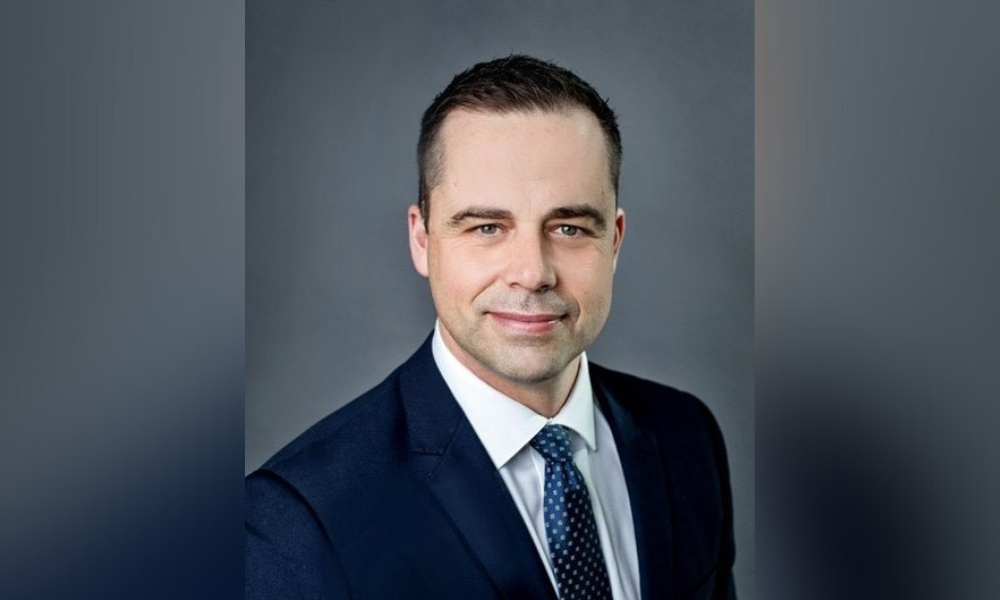Help them become leaders in their field rather than laggards who will be left behind

Small businesses may be critical to the Canadian economy, but they’re also under increasing pressure to examine their environmental, social, and governance (ESG) perspective in this new era, and advisors can help them do that, so they’re better prepared for the future.
“Small business is often referred to as the backbone of the Canadian economy with close to 70% of jobs tied to small business, “ Jason Teal, vice president of business banking for the Meridian Credit Union, told Wealth Professional.
“But, if you’re looking to long-term, sustainable change, this sector needs to be out front. We’re seeing a shift in that, starting with the large ones that may have had the resources and then filtering its way down. But it’s gaining importance for smaller businesses, which is really driven by investor stakeholders and customers putting ESG practice in the spotlight.”
Teal said that having businesses align their ESG components is becoming more critical – and needs to become core to their business operations. But, he noted that it can also help their short- and long-term bottom lines. So, advisors should raise this topic with small and medium-sized business clients.
“Going a bit deeper than looking at the bottom-lines can often drive innovation. It can result in more sustainable products or services delivered in new ways, an improved market image, or better access to resources through stronger community and government engagement,” he said. “Being a more attractive supplier can also benefit the company, whether that’s government or private.”
Meridian believes that businesses can benefit from lower energy consumption – in their buildings, vehicles, and equipment. They can also redirect the resources that they save from reduced resource consumption and creating more efficient processes when they look at their productivity.
“So, having a conversation with them about how they’re doing ESG is not only a nice thing to do, but the right business thing to do,” said Teal.
Helping clients look at the business through an ESG lens can even help them with one of businesses’ biggest challenges today – attracting and retaining the best employees. The younger generation is more attracted to companies that have a clearer vision and social purpose, so they can feel good about the work they do. But, even the equity and diversity lens helps businesses cast a broader net for new employees, so they can include different groups who want to work with them.
While Teal noted that some businesses are already considering what the ESG lens means for them, financial advisors can raise it for their consideration, even as they reconfigure from the pandemic.
“It needs to tie into their long-term vision and the long-term advantages that they can gain from it,” he said. “It’s a chance to be different. So, if they’re in a business where they provide the table stakes, they could look at how will this differentiate them. To me, that’s an opportunity to stand out from their competition – both in the shorter-term and building long-term for other gains.”
Advisors can also help their business clients look at how they can build ESG principles into their purpose or core strategy, so it’s integral to their process rather than side project. The business clients could also work with partners, stakeholders, employees, and customers on what their ESG purpose will be. While that takes time, he said it will pay off.
Advisors could point out tax advantages or grants and programs to help clients with the transition so clients can get ahead of potential legal and regulatory interventions as the ESG trend continues.
“It’s easier to lead from the front rather than being reactionary,” said Teal. “There are opportunities for government subsidies and support in certain cases, so that’s something to help them consider.”
Advisors can also help them consider developing reasonable, realistic measurable goals to show ESG progress to stakeholders and employers.
“It’s a chance to innovate. So, help them consider how to harness the power of ESG to think differently and innovate in their businesses,” he said. “They don’t want to be a laggard in their field.”
It may also be critical to the business’ long-term future since younger clients are seeking it. With passing year, it becomes more vital for a business to address, he said, because “it’s really the customers who will always drive where they want the business to go.”



